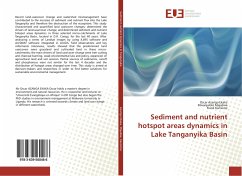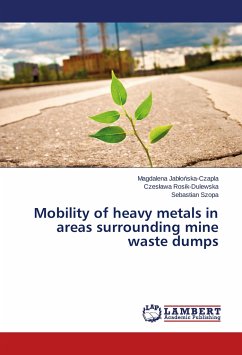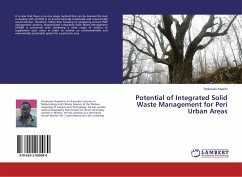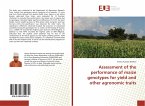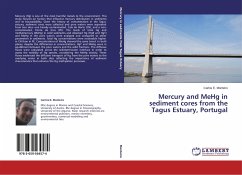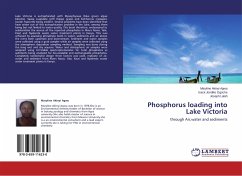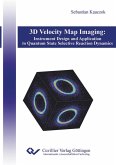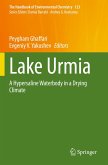Recent land-use/cover change and watershed mismanagement have contributed to the increase of sediment and nutrient flux into the Lake Tanganyika and therefore the destruction of the ecosystem. This study characterized and quantified land use/cover changes; determined the drivers of land-use/cover change; and determined sediment and nutrient hotspot areas dynamics in three selected micro-catchments of Lake Tanganyika Basin, located in D.R. Congo, for the last 40 years. After analyzing a series of Landsat images by using ILWIS software and ArcSWAT software integrated in ArcGIS, field observations and key informants interviews, results showed that the predominant land use/covers were grassland and cultivated land in these micro-catchments; the main drivers of land use/cover change were tree cutting and charcoal burning, weak environmental law and policy, expansion of agricultural land and soil erosion. Partial sources of sediments, runoff and phosphorous were not similar for the last 4 decades and the distribution of hotspot areas changed over time. This study is aimed at decision-makers and researchers in order to find better solutions for sustainable environmental management.
Bitte wählen Sie Ihr Anliegen aus.
Rechnungen
Retourenschein anfordern
Bestellstatus
Storno

